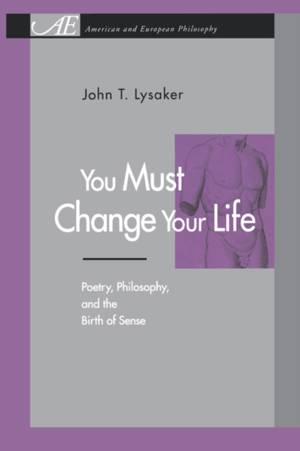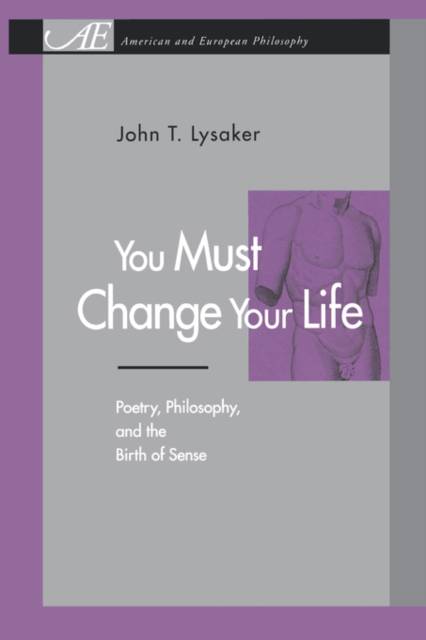
- Afhalen na 1 uur in een winkel met voorraad
- Gratis thuislevering in België vanaf € 30
- Ruim aanbod met 7 miljoen producten
- Afhalen na 1 uur in een winkel met voorraad
- Gratis thuislevering in België vanaf € 30
- Ruim aanbod met 7 miljoen producten
Omschrijving
Some poems can change our lives; they lead us to look at the world through new eyes. In this book, inspired by Martin Heidegger--who found in poetry the most fundamental insights into the human condition--John Lysaker develops a concept of ur-poetry to explore philosophically how poetic language creates fresh meaning in our world and transforms the way in which we choose to live in it.
Not limited to a single poem or collection of poems, ur-poetry arises when, in the interaction of an author's principal tropes, the origin of poetry is exposed as a process whereby words with inherited meaning take on a new poetic life that draws our attention to the "birth of sense"--the manner in which the manifold realities that surround us are revealed. And it is precisely through an experience of the birth of sense that we are able to understand and dwell differently among these realities.
To demonstrate ur-poetry in action, the book frequently refers to such poets as Akhmatova, Ammons, Celan, Mandelstam, and Stevens, but it focuses on the work of Pulitzer Prize winner Charles Simic. By addressing the nature of human existence, the origins of sense, and the significance of history in and for human action, Lysaker argues that Simic's writing exemplifies the import that poetry can have for how we understand and live our lives.
Specificaties
Betrokkenen
- Auteur(s):
- Uitgeverij:
Inhoud
- Aantal bladzijden:
- 240
- Taal:
- Engels
- Reeks:
Eigenschappen
- Productcode (EAN):
- 9780271034324
- Verschijningsdatum:
- 15/12/2002
- Uitvoering:
- Paperback
- Formaat:
- Trade paperback (VS)
- Afmetingen:
- 152 mm x 229 mm
- Gewicht:
- 358 g

Alleen bij Standaard Boekhandel
Beoordelingen
We publiceren alleen reviews die voldoen aan de voorwaarden voor reviews. Bekijk onze voorwaarden voor reviews.









